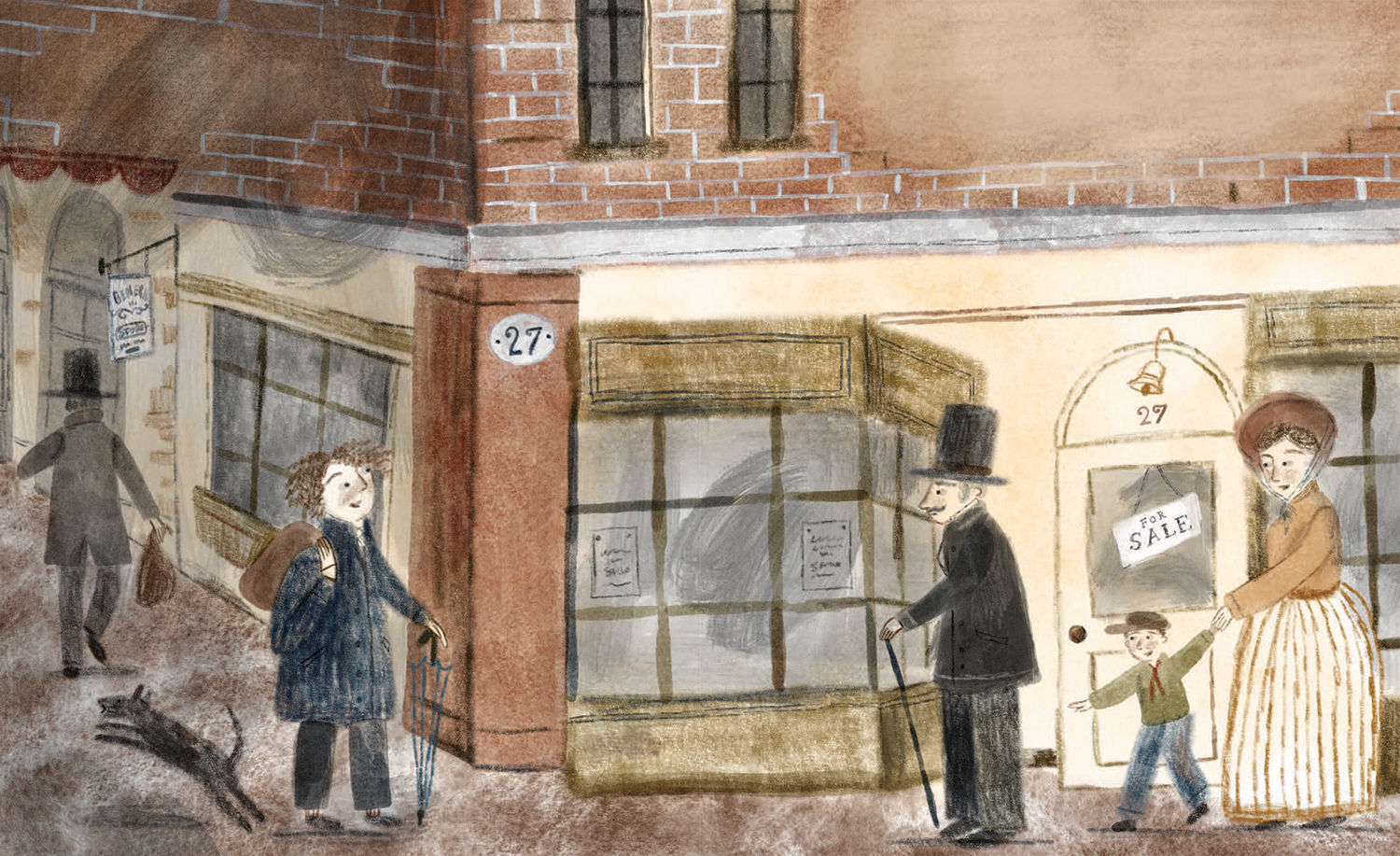
More about Judah

Judah was born in Newport, Rhode Island on June 16 1775, one day after the Battle of Bunker Hill in Boston. Sixty-four years later, he donated $10,000 to help complete the monument to this historic battle of the American Revolution. Of course, he insisted that his donation be kept secret.
Judah was raised by his Uncle Hays in Boston, Massachusetts in the years following the American Revolution (1776-1783). As a child, he met American heroes such as Paul Revere, Rev Samuel J. May, and Thomas Paine. These men came to Uncle Hays' home to relax and discuss politics on Saturday afternoons.
Judah was a shy and private person. He had a few close friends, but he didn't like parties or big gatherings. He was happiest when he was focused on his work and helping others.
Judah was 40 years old when he fought with General Andrew Jackson to defend the city of New Orleans against the British. Although he could have helped in other ways, he enlisted as a common soldier and volunteered for the hardest and most dangerous jobs.

In the 18th and early 19th centuries, many of America’s wealthy citizens did not donate to charity. Judah’s generosity set an important example for Jews and non-Jews alike.
Judah had enough money to live in a big house and dress in beautiful clothing. But he never did. Instead, he dressed simply and lived in a small apartment that he shared with his friend, Rezin Shepherd.
Judah was the son of a rabbi and was raised in a Jewish home. There, he learned the Jewish principles of being kind and treating all people as equals. Although he was not a religious person as an adult, he valued people of all races and helped them all.

Judah was generous to anyone who needed help. One story tells that he wrote a $1000 check to a poor widow. But when she went to the bank to get the money, the bank refused her. The woman returned to Judah in tears. He thought she was upset because he hadn’t given her more money. He apologized that that was all he had that day. ($1000 in the mid-1800s was like $30,000 today!) But that’s not what she was upset about. She was upset because the bank didn’t believe that a poor woman would have a check for such a large amount. Judah quickly sent one of his workers back to the bank to straighten things out.

Judah was one of the earliest and most generous donors to Palestine, the land that later became Israel, the Jewish homeland.
Judah is buried in the Touro Cemetery in Newport.
